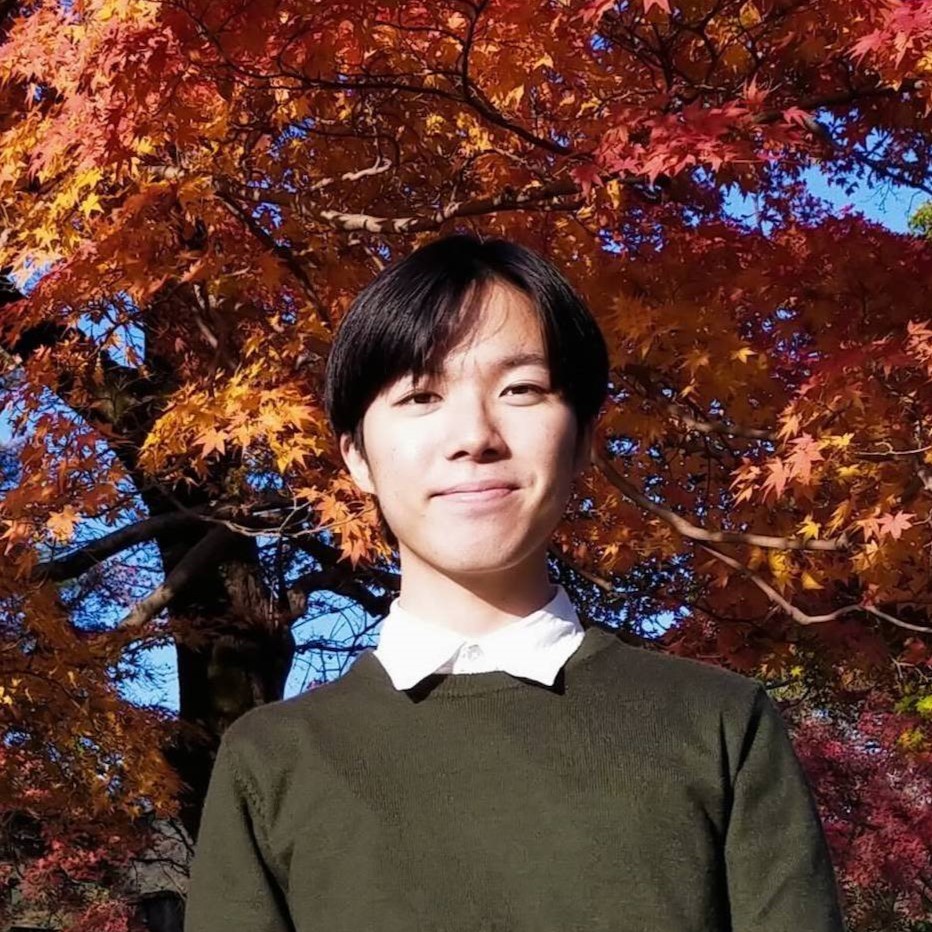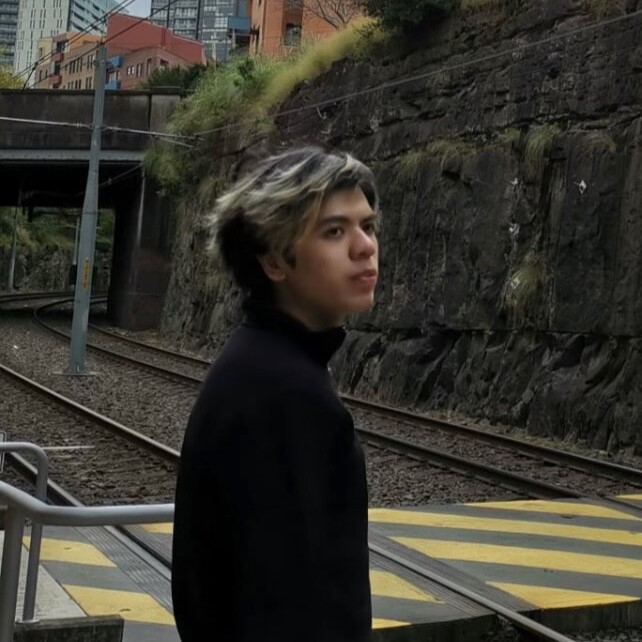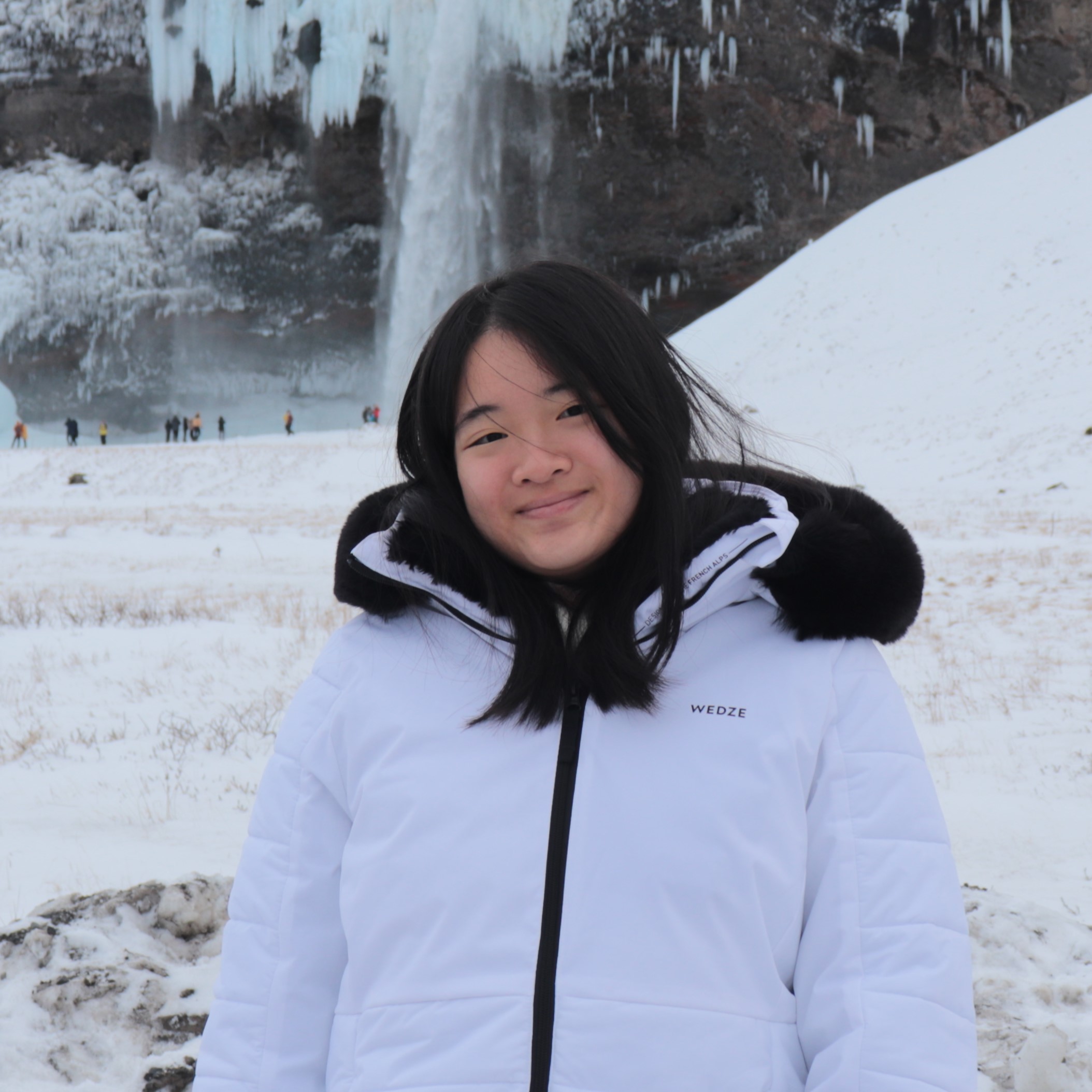Student Research Fellowship Opportunities
The NUS Museum is launching a new cycle of fellowship programmes, the NUS Museum Student Research Fellowship as well as the Alice & Agnes Tan Student Research Fellowship, to provide opportunities for undergraduate and graduate students at the National University of Singapore (NUS) to pursue research with a focus on engaging with the collections at the Museum and NUS Baba House. The two fellowships offer access to the resources housed within the NUS Museum and Baba House as well as opportunities to actively engage with the museum environment and our related programmes.
Eligibility
- Students who will be in the third or fourth year of undergraduate studies or pursuing graduate studies in NUS for Academic Year 2025/2026.
- Honours (Distinction) and above (4.0 GPA) in academic performance.
- Interested applicants are expected to have an Academic Supervisor who has agreed to supervise the project to be considered for the fellowship. The role of Academic Supervisors will be to guide the research of the fellow, ensure academic integrity of the research and provide feedback on the fellow’s performance.
Research Areas & Priority Research Themes
- The NUS Museum Student Research Fellowship is open to students interested to embark on research focused on NUS Museum’s collections, exhibition histories and/or archives.
- The Alice & Agnes Tan Student Research Fellowship is open to students interested to embark on research focused on the NUS Baba House as an object of study, as well as the NUS Museum’s Straits Chinese Collection.
- A few resources which potential applicants may wish to consult to ideate research topics from include:
– NUS Museum’s Prospectus, focusing on selected collections of artefacts
– The upcoming Prospectus for AY2526 categories, including Southeast Asian Textiles, Southeast Asian Ceramics, Fistful of Colours: Moments of Chinese Cosmopolitanism, “Malayanization” of Chinese Ink, and Contemporary Exploration of Heritage
– NUS Museum’s Collections Online, a searchable online database of NUS Museum’s collections
Fellowship Offerings
- Fellows will be offered a stipend of $4000, disbursed in four parts after each of the following milestones through the entire duration of the fellowship:
– Acceptance of the fellowship
– Submission of the finalised workplan
– Midpoint Check-In
– Final submission of research findings
- Fellows will be assigned a Museum Advisor from NUS Museum to assist the student fellows with relevant content knowledge and accessing the Museum’s resources. The role of the Museum Advisors will be as follows:
– To offer expertise on the Museum’s collections, exhibitions and archives
– To guide research design
– To assist with research methods
– To advise on ethics and intellectual property
- Fellows are highly encouraged to participate in activities and programmes organised in conjunction with the Museum’s summer programme for interns (More details to follow upon acceptance of the fellowship position).
- Fellows will be given access to collections and archives of the Museum or Baba House on for the duration of research fellowship.
- Fellows will be granted access to space for research at the NUS Museum’s Resource Library, which houses materials pertaining to the Museum’s collections, collecting interests and how these have developed.
- Fellows will have the opportunity to materialise the results of their research into various outputs including but not limited to:
– Research Papers
– Public talks and presentations
– Exhibitionary formats of display and prep-room
– Creative responses
Evaluation
The evaluation criteria for both NUS Museum’s and Alice & Agnes Tan’s Student Research Fellowship are as follows:
Methodology
- Clear definition and articulation of the proposed project’s objectives
- Robustness and strength of the methodology
- Clarity in describing and explaining the methodology
- Employment of interdisciplinary approaches and methodologies
- Alignment with fellowship’s objectives
Content
- Originality of the proposed research project
- Relevance to and use of NUS Museum’s collections and exhibitions
- For Alice & Agnes Tan Student Research Fellowship, responses to research themes as outlined above (see Research Areas and Priority Research Themes)
Other Considerations
- Proposals that orientate towards an Honours/Master’s Thesis or an ongoing research project under the Undergraduate Research Opportunities Programme (UROP) will be favourably considered
- Proposals that employ object-based analysis, research using archival materials will be favourably considered
- Proposals that consider creative and exhibitionary outputs will be favourably considered
- Any other considerations not included in the above-mentioned criteria (e.g. synergies with NUS Museum’s outreach programmes, potential for continued collaboration, etc.)
Key Deliverables
- Fellows must be able to commit to the term of research from May 2025 to April 2026.
- Fellows must propose suitable deliverables associated with their projects that must include a minimum of a research paper and accompanying documentation of the research project.
- Upon notification of their award, fellows will work on and submit a workplan to be drawn up in consultation with the assigned Museum Advisor. Stipends will be arranged according to this schedule.
- Fellows will be asked to present their research progress at the midpoint of the term of fellowship.
- Fellows will be asked to share their research during the Museum Research Week event organised by NUS Museum.
- Fellows will be asked to give a full presentation of the research work at the end of the fellowship in AY25/26 Sem 2.
How to Apply
- Apply by filling up the form in this link.
- Successful applicants must provide an email confirmation from an academic supervisor once accepted.
Application Documents
Please prepare the following documents for your application:
- Proposal for Research Project (see below for requirements)
- NUS Unofficial Transcript (for Honours students)
- Academic Transcript (for Graduate students)
- A Writing Sample of 2,000 – 3,000 words in length (e.g. previously submitted essays or academic articles)
In your Proposal for Research Project, please include the following details:
- Choice of Fellowship you are applying for (i.e. NUS Museum Student Research Fellowship or Alice & Agnes Tan Student Research Fellowship)
- Abstract of your Research Proposal (250 – 300 words) that addresses specific research topic, objectives, backgrounds, purposes, significance
- Research Questions
- Relevant collections and exhibitions at NUS Museum or Baba House that the research project will engage with
- Proposed methodology
- Timeline of your research project that describes key stages of your research (e.g. desk-top research, fieldwork, final submission)
- A preliminary bibliography and/or literature review
Proposals should be sufficiently self-contained for an assessment without further reference to other materials
Important Dates
| 25 Mar 2025 | Launch of Open Call for Applications |
| 18 May 2025, 2359h | Applications deadline |
| By end-May 2025 | All applicants will be notified of decisions |
| Jun – Jul 2025 | Fellows invited to participate in the Museum’s summer programme for interns
Meeting with Museum advisors and academic supervisors |
| 18 Jul 2025 | Submission of workplan by Student Research Fellows |
| 3 Aug 2025 | Start of fellowship |
| Nov – Dec 2025 | Midpoint check-in |
| March 2026 | Sharing at Museum Research Week |
| 30 Apr 2026 | End of fellowship |
NUS Museum and Alice & Agnes Tan Student Research Fellows AY2425
Kazuto Nakano
|

Kazuto Nakano is a student at Yale-National University of Singapore College, specialising in anthropology of climate change, multispecies ethnography, materiality and care studies, and heritage work. His research with the NUS Museum Student Research Fellowship looks at the boat models in the hull and the rig prep-room to look at how boats, both in their physical form and as models, exercise agency in coastal lives and museums. |
|---|---|
Ryan-Ashleigh Boey |

Ryan-Ashleigh Boey is a fourth-year English major. His current research interests lie in cultural memory studies, children’s literature, and (fictional inscriptions of) the Sapir-Whorf Hypothesis. His research with the NUS Museum Student Research Fellowship looks at concepts of performance and performativity of Charles Dyce’s watercolour paintings as it is situated in the Radio Malaya exhibition. |
Gan Xin Chen |

Gan Xin Chen is a 3rd year student in the History and Political Science double degree programme. Her interests lie in the intersections of material culture, Asian history and international relations. Her research with the Alice & Agnes Tan Student Research Fellowship looks at the ceramics found in the Straits Chinese Collection of NUS Museum and its provenance and terminology as used by the Peranakan Chinese community. |
FAQs
Will there be academic units awarded for this Research Fellowship?
No academic units will be awarded for this Research Fellowship by NUS Museum. However, students may use findings from their research in this fellowship for and undertake it as part of their academic research under NUS e.g. under Final Year Projects (FYP), Independent Study Modules (ISM), or Undergraduate Research Opportunity Programme (UROP).
Must my academic supervisor be from the same school/department I am in?
It is not necessary for academic supervisors to be from the same school or department as the applicant. However, academic advisors must be able to adequately supervise the scope of the applicant’s proposed research.
Can I conduct research overseas?
Applicants may conduct research overseas as part of this fellowship. Applicants who wish to do so must include such details as part of the proposed timeline of research project when submitting their applications.
Who can I contact for more information?
Please direct all queries to Eugene Koh from the NUS Museum’s Faculty Engagement Unit at eugene.koh@nus.edu.sg